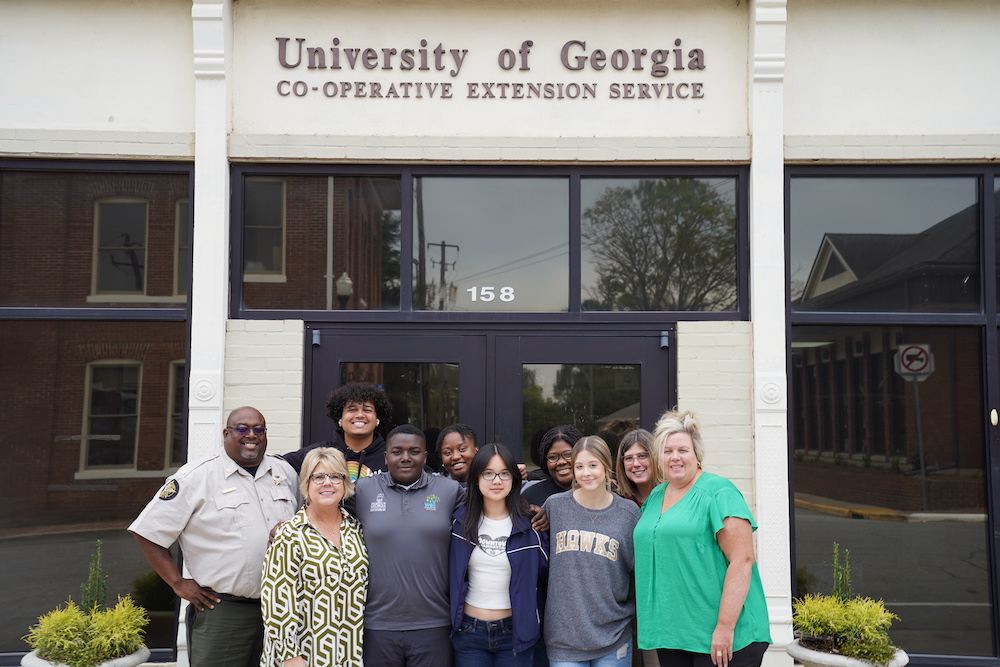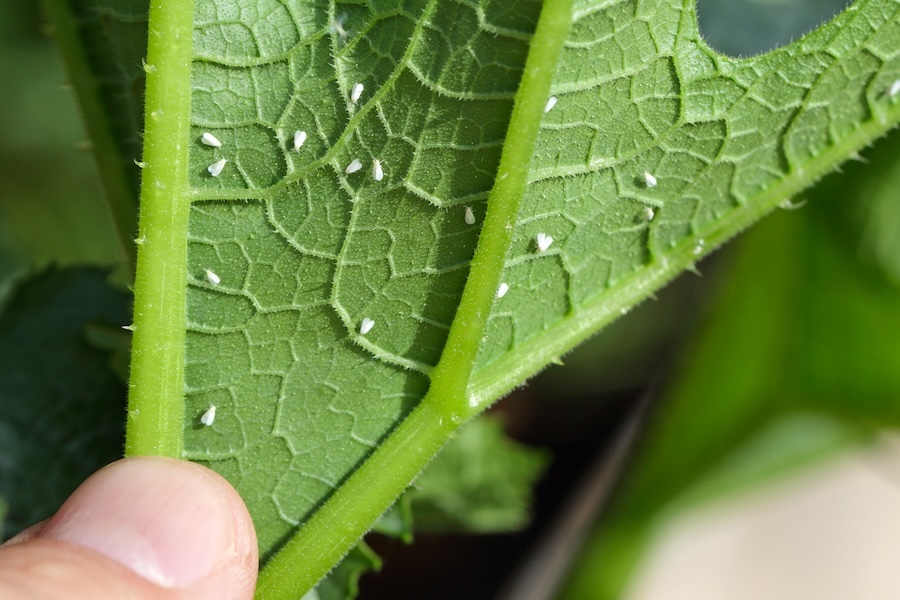Last month, a Jefferson County woman died and her three grandchildren were sickened after a pesticide, labeled for agricultural use only, was used to kill insects inside their home.
Unfortunately, this tragic story now serves as an opportunity for University of Georgia Extension agents like myself to stress the importance of following label instructions on pesticides and other chemicals.
Pesticides on the market today go through extensive testing, and manufacturers develop specific directions for their use to protect the user and the environment. Besides the danger associated with using a pesticide not in accordance with its label, doing so is also illegal. Anyone caught doing so can be fined and prosecuted depending on the severity of the situation.
In this case, the pesticide was for labeled for restricted use. Restricted use products can only be purchased by someone with a license who is trained to handle such powerful pesticides safely. In other words, you can’t go down to the hardware store and buy it like you would Sevin dust for your tomato plants. Unfortunately, the pesticide fell into the hands of someone who was not trained to handle it.
The pesticide in this case, Fumitoxin, when used as labeled, plays a very important role in protecting the food supply. The pesticide is used to kill mice, weevils and other insects in stored crops like corn and small grains.
When exposed to air, Fumitoxin tablets react with water vapor in the air to form a very lethal gas used to sterilize grain bins. Sometimes, this gas is the only means of control for certain insects that might infest the grain.
Once treated, the grain is aerated to remove all traces of the gas. Other products would leave a residue that would pose a much greater risk to people or animals that might consume the grain.
The average person should never handle a pesticide that has this level of toxicity. However, it still is just as important for licensed pesticide applicators to follow label instructions. Even with products designed for homeowner use, there are risks involved if label directions are not followed.
Pesticide labels always contain a signal word that tells you how toxic the product is to humans. These three signal words are caution, warning or danger. Signal words are usually written in capital letters.
The least toxic products carry the signal word CAUTION. Products with the signal word WARNING are more toxic. The most toxic pesticides have the word DANGER on their labels.
Pesticide labels also provide information on what to do if someone accidentally ingests or inhales the chemical or gets it on their skin or in their eyes.
To help keep your family safe around pesticides, follow these tips from UGA Extension.
- Never put pesticides in any food or drink container. Even if you clearly label the container, someone may accidentally drink from it.
- Never store pesticides where a child can reach them. Keep in mind that many child victims are not poisoned at their own homes.
- Do not buy pesticides that carry the signal word DANGER unless you can store them securely. These are particularly hazardous.
- Read the label carefully before you buy a pesticide. Be sure the pesticide is labeled for your use on your site.
- Follow label directions carefully. It is illegal and unsafe to use more pesticide than the label indicates. More is not better. Using too much can harm plants more than help them.
- At a minimum, wear plastic/rubber gloves, long sleeves, long pants, socks and shoes when applying pesticides. Wear additional protection if the label recommends so.
- Read the label’s environmental cautions. Some pesticides are highly toxic to fish, birds and bees.
- Never throw away unused pesticides in the trash or dump them down the drain. Call your local solid waste disposal department or your local UGA Extension office to find out the best way to dispose of unused pesticides.
For more information on how to safely use and store pesticides, call your local UGA Extension office at 1-800-ASK-UGA1, visit tinyurl.com/ugahomepesticidesafety or search the publications available at extension.uga.edu/publications.






.png)
